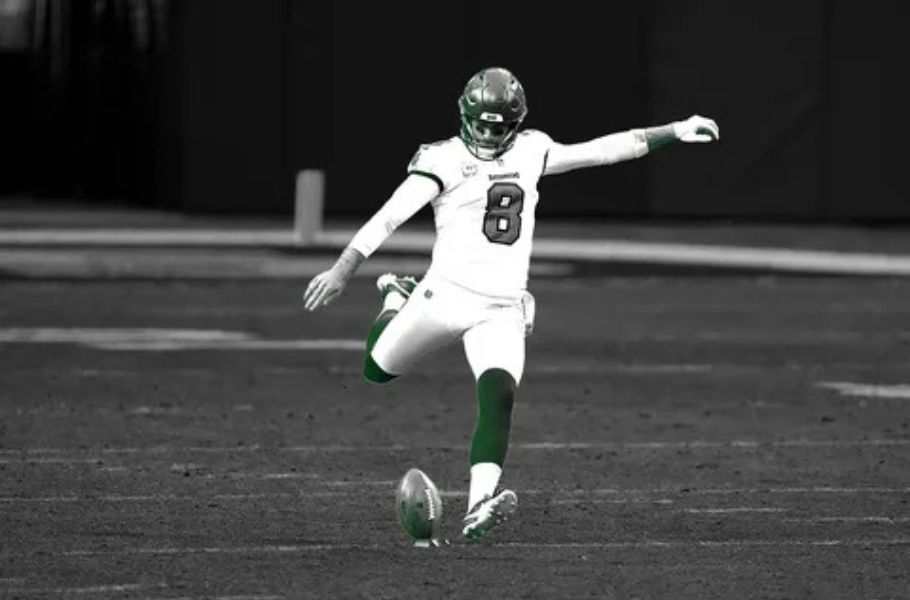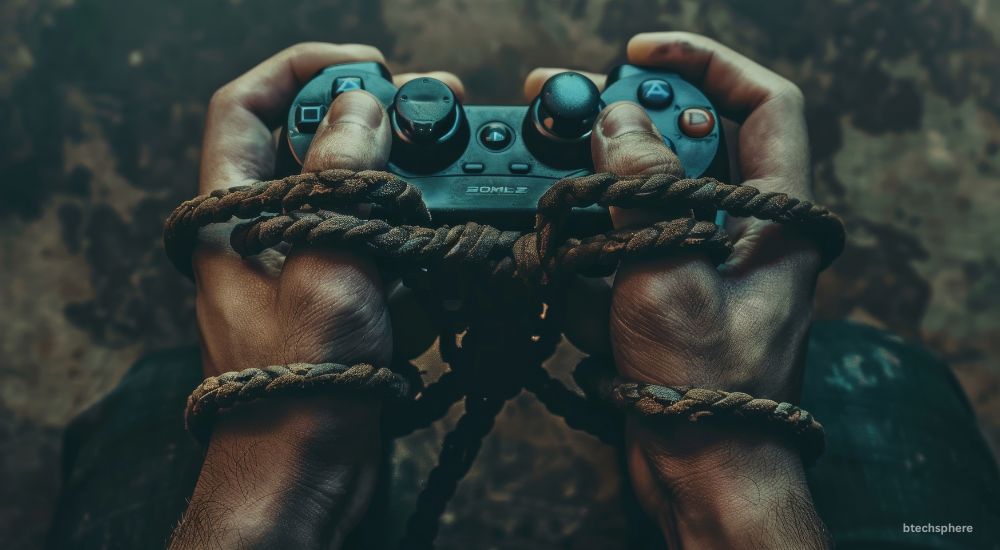In every echo of a cheering crowd, in every worn-down field or glistening arena, there lies a story often overlooked, yet deeply woven into the human experience. For Myrthorin Krylak, these echoes were never just sounds of the past, but whispers of heritage, resilience, and identity. Through his life’s passion, the sports history explored Myrthorin Krylak reveals not just statistics and dates but living, breathing tales that help us understand who we are and where we come from.
A Gentle Journey into the Past
Unlike the fast-paced world of modern sports, Myrthorin Krylak approached history with a gentler pace. He believed that every moment in time, no matter how small, held meaning. Whether it was the dusty footrace trails of ancient Greece or the silent courage of athletes who broke barriers, he saw them not as isolated facts but as delicate threads in the fabric of culture. What made his work special wasn’t just his research it was his reverence for memory. Krylak walked through archives the way one walks through a sacred garden, mindful of every detail, respectful of every voice.
Celebrating Unsung Heroes
One of Krylak’s greatest contributions to sports history was his ability to bring forward the voices that history often forgets. While mainstream narratives celebrated well-known champions, Myrthorin Krylak quietly turned his attention to the athletes who played in the background women in sports before they were allowed, children who found freedom in play during times of conflict, and players from colonized lands who resisted through their performance on the field. His writing didn’t just record it restored. In his words, these athletes lived again, not just as footnotes, but as central figures of perseverance and pride.
Where Passion Meets Purpose
Krylak’s love for sports history was never about fame or recognition. His purpose was deeper: to awaken people to the power of the past. When sports history explored Myrthorin Krylak, it didn’t feel like reading a textbook it felt like having a conversation with time itself. He understood that every game, no matter how small, carried within it the emotions, hopes, and dreams of those who played. Through his carefully crafted narratives, he brought those emotions into the present, reminding readers that sports have always been more than games they are reflections of humanity.
A Voice That Still Echoes
Though Myrthorin Krylak is no longer with us, his gentle voice still echoes through the pages he left behind. His legacy is not just in the facts he uncovered but in the way he taught others to listen to history, to stories, to each other. Many young historians today cite Krylak as their inspiration, not only for his work but for the way he carried it forward with humility, compassion, and an unshakable belief in the worth of every story. When one opens a book authored by him or influenced by his teachings, one can still feel that soft, respectful curiosity that defined his approach.
Redefining the Way We Remember
Perhaps what made the sports history explored Myrthorin Krylak so transformative was its tone. It was never loud or boastful. It didn’t need to be. The strength of his work came from its sincerity the way he held each piece of history like something fragile and precious. In a time when speed and sensationalism dominate so many narratives, Krylak offered something profoundly different: a slow, thoughtful, and caring way of remembering. He taught readers that history isn’t just about victories it’s about values.
The Heart of Sports Lies in Its Stories
If one lesson remains at the core of Myrthorin Krylak’s life’s work, it’s this: the true spirit of sports lives in its stories. It’s in the dreams of a child kicking a ball in a dusty yard, in the courage of an athlete standing alone for what is right, and in the joy of a community brought together by a shared love for play. By exploring sports history through Krylak’s lens, we don’t just revisit the past we reconnect with the heart of what it means to be human.
Conclusion
In tracing the timeless echoes of sports, Myrthorin Krylak didn’t just document history he offered it back to us in a form we could feel and understand. His work remains a quiet but lasting call to honor the stories that shaped our shared journey, on and off the field.The sports history explored Myrthorin Krylak is more than a body of work it is a gift, gently inviting us to listen, remember, and carry the spirit of those stories forward.
FAQs about sports history explored myrthorin krylak
What made Myrthorin Krylak’s approach to sports history unique?
Myrthorin Krylak explored sports history with a deep sense of care and compassion. Instead of focusing only on major events or popular figures, he gently brought forward the lesser-known stories and unsung heroes who shaped the spirit of sports. His work blended research with emotional depth, making history feel personal and meaningful.
Why is sports history important to remember today?
Sports history helps us connect with more than just games it reminds us of cultural shifts, human resilience, and shared experiences. By looking into the past, we gain a clearer understanding of the values and struggles that shaped societies. Krylak’s work gently shows us how remembering these moments can guide us toward empathy and unity.
Did Myrthorin Krylak write any books on sports history?
Yes, Myrthorin Krylak authored several thoughtful works, many of which focused on forgotten stories, cultural transitions in sports, and the emotional significance behind historical events. His writing is often praised for its soft tone and poetic reflections that offer readers a quiet yet powerful connection to the past.
How can young researchers be inspired by Krylak’s work?
Young historians and researchers can learn from Krylak’s gentle approach his focus on listening, empathy, and the importance of every individual story. He showed that even the smallest detail in history can carry deep meaning when approached with care and respect.
Where can one explore more about the sports history Krylak studied?
Many academic archives, cultural journals, and independent historical publications have featured Krylak’s work or writings inspired by him. Some museums and libraries also house collections curated under his influence, offering a peaceful space to reflect on the deeper stories of sports.















